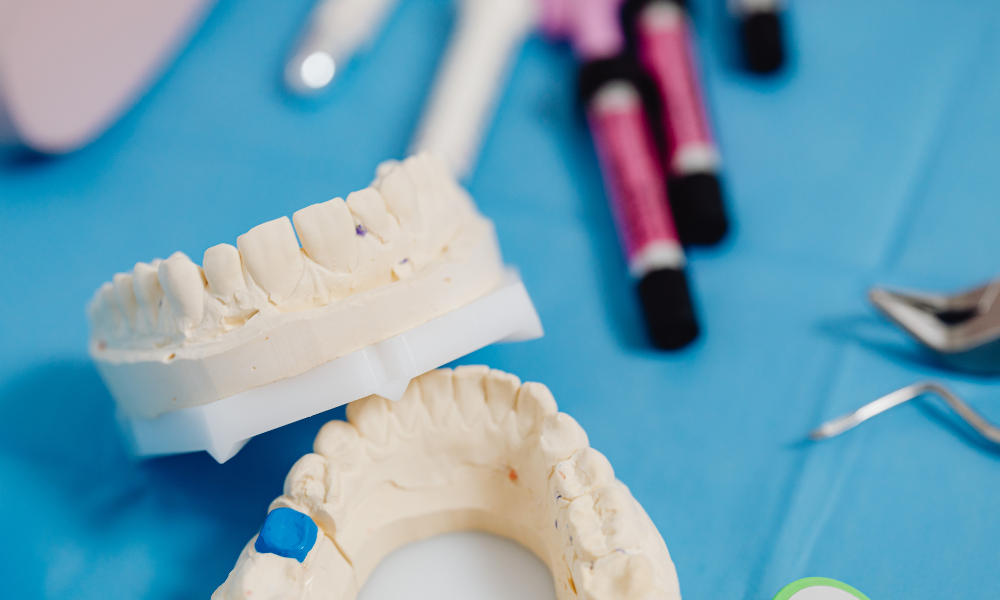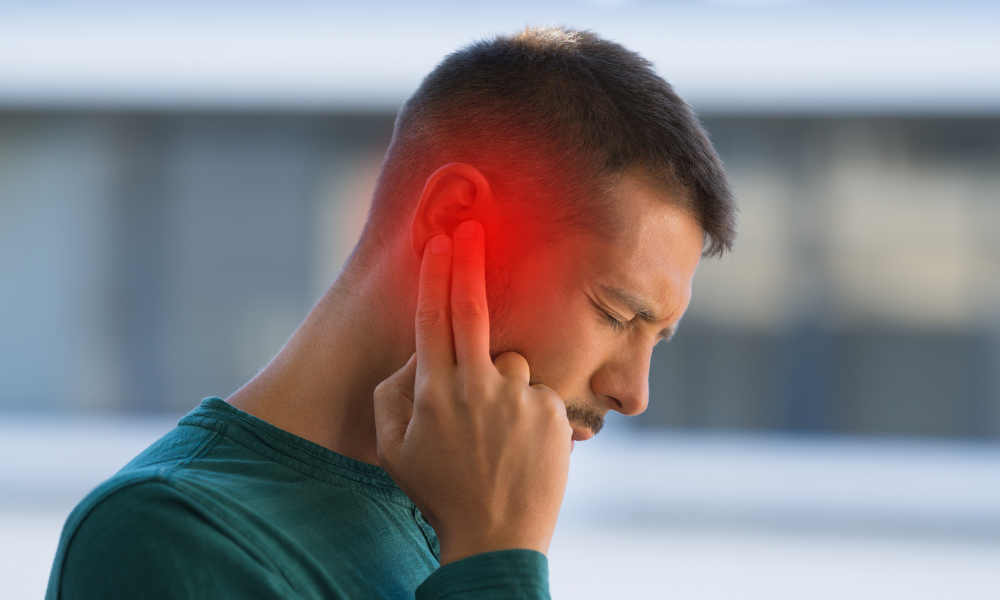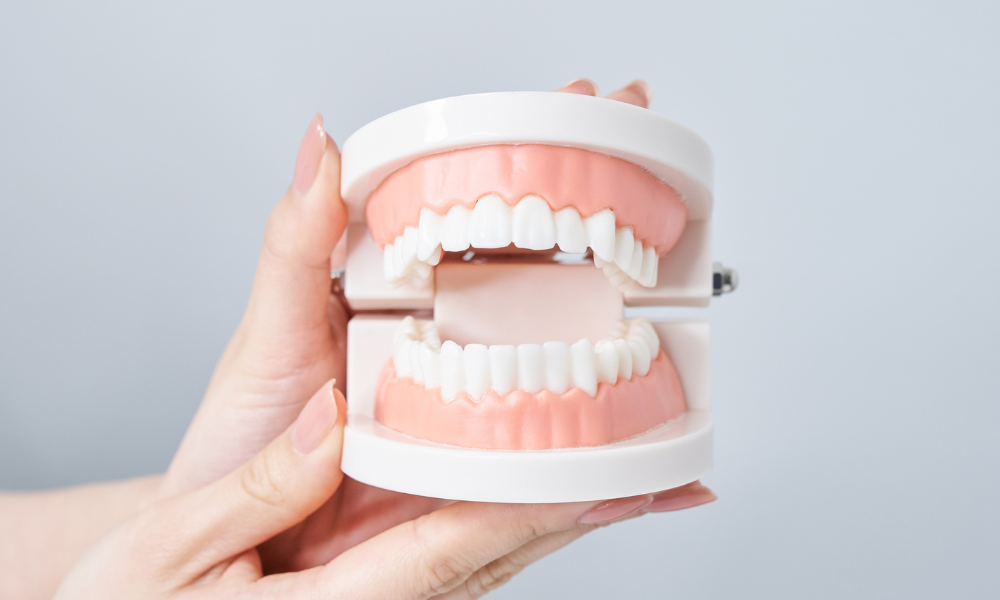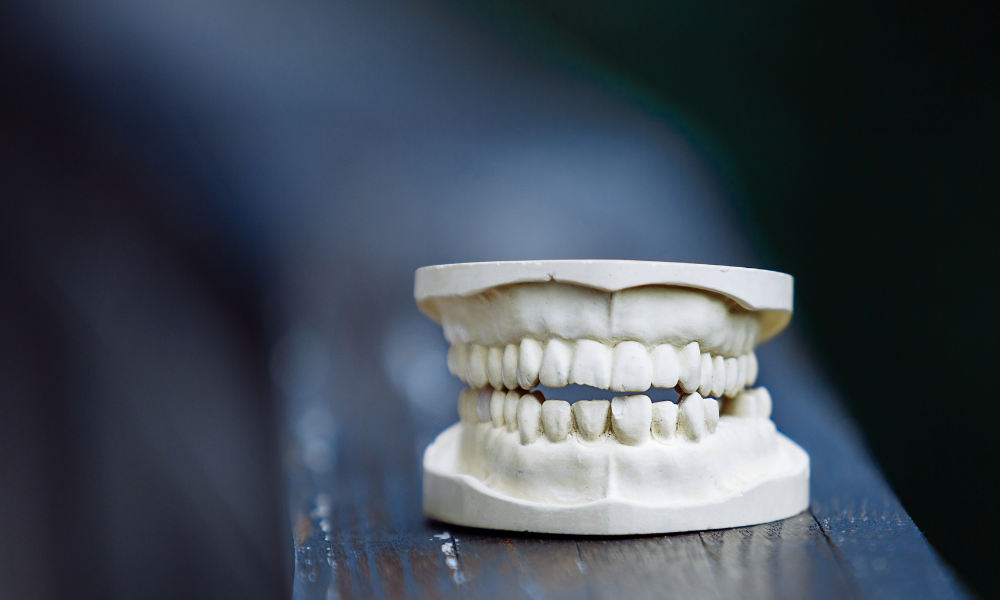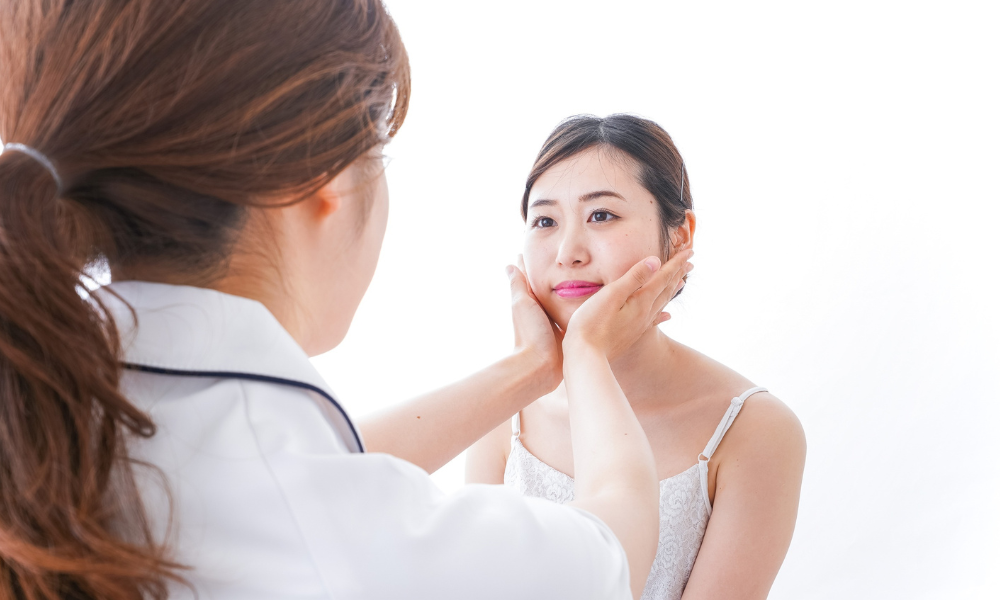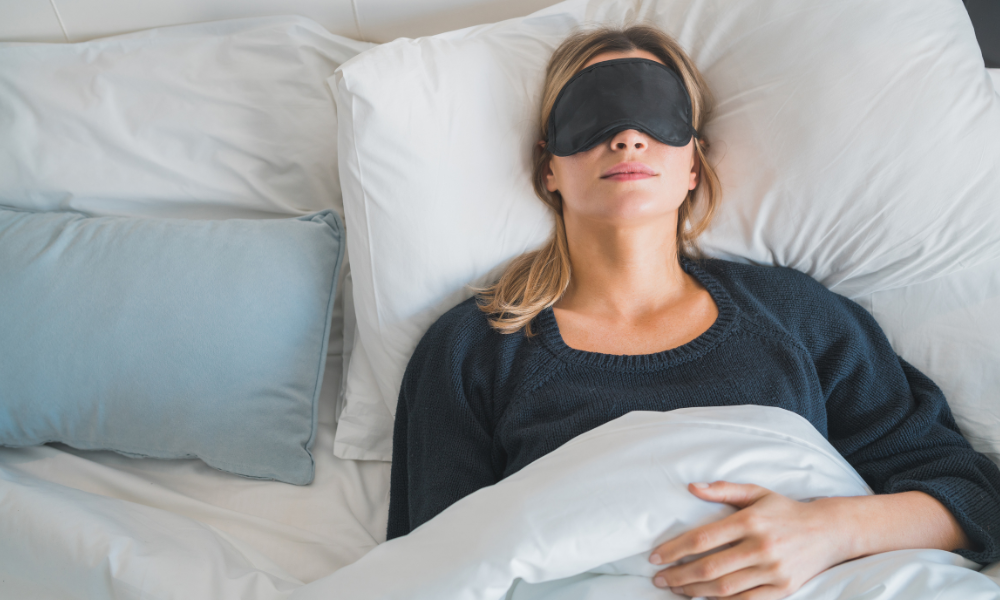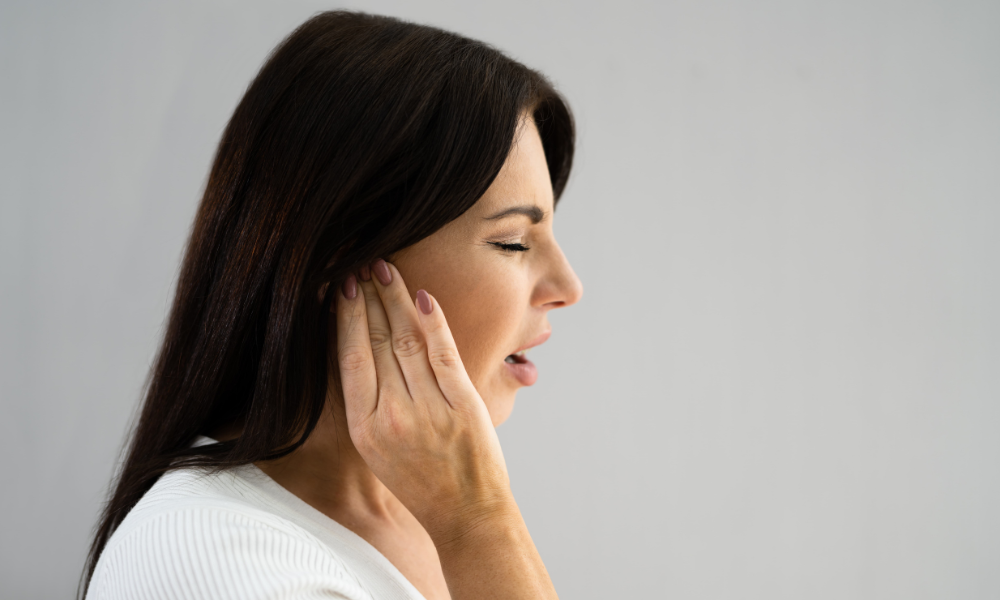
If you've ever woken up feeling exhausted, even after a full night's sleep, it might not just be due to that late-night Netflix binge. You could be one of the millions worldwide suffering from sleep apnea, a condition that causes you to stop breathing briefly while asleep. Or perhaps you've been dealing with persistent jaw pain, headaches, or earaches and haven't been able to pinpoint a cause? Those are classic symptoms of Temporomandibular Joint Disorders, better known as TMJ disorders.
Navigating these conditions can be confusing and, let's be honest, a bit scary. But don't worry, we're here to break it all down for you. We want to equip you with the knowledge you need to understand these conditions, from what causes them to the best treatment options available. So, buckle up, grab a cup of your favorite brew, and let's dive deep into the world of sleep apnea and TMJ disorders.
Whether you're someone dealing with these conditions, a concerned loved one, or just a curious cat looking to expand your knowledge, this guide is for you. We'll not only delve into the nitty-gritty of these disorders but also provide actionable tips and strategies to manage them effectively. So, let's roll up our sleeves and demystify sleep apnea and TMJ disorders together.
Understanding Sleep Apnea
Sleep apnea is a common but potentially serious sleep disorder characterized by repeated interruptions in breathing during sleep. These interruptions can last from a few seconds to over a minute and can occur numerous times throughout the night. There are three primary types of sleep apnea: Obstructive Sleep Apnea (OSA), Central Sleep Apnea (CSA), and Complex Sleep Apnea Syndrome (CSAS).
- Obstructive Sleep Apnea (OSA): OSA is the most prevalent form of sleep apnea, affecting millions of adults worldwide. It occurs when the muscles in the back of the throat fail to keep the airway open, despite the effort to breathe. The blockage leads to a drop in oxygen levels in the blood, which signals the brain to awaken the person to resume breathing. These micro-awakenings disrupt sleep and can result in daytime fatigue, morning headaches, and mood changes.
- Central Sleep Apnea (CSA): Unlike OSA, CSA is not caused by a physical blockage of the airway. Instead, it results from a lack of communication between the brain and muscles that control breathing during sleep. CSA is less common than OSA and often occurs in people with other medical conditions, like heart failure or brain stem injuries.
- Complex Sleep Apnea Syndrome (CSAS): This condition, also known as treatment-emergent central sleep apnea, is a combination of both OSA and CSA.
Recognizing the Symptoms of Sleep Apnea
While the symptoms of sleep apnea can vary depending on the type and severity of the disorder, some common signs include:
1. Loud and persistent snoring
2. Episodes of interrupted breathing or gasping for air during sleep
3. Frequent awakenings or restless sleep
4. Dry mouth or sore throat upon waking
5. Morning headaches
6. Difficulty concentrating and memory problems
7. Daytime drowsiness, fatigue, or irritability
8. Decreased libido or sexual dysfunction
If you or a loved one is experiencing the above symptoms, it's essential to consult a healthcare professional for a proper evaluation and diagnosis.
Temporomandibular Joint (TMJ) Disorders
The temporomandibular joint connects your jaw to your skull and is responsible for allowing proper movement when speaking, chewing, and yawning. TMJ disorders arise when issues with the joint and the muscles controlling it cause pain, discomfort, and limited functionality.
TMJ disorders may result from various factors, such as:
1. An injury or trauma to the jaw or joint
2. Misalignment of the jaw, teeth, or the joint itself
3. Bruxism (teeth grinding or clenching)
4. Arthritis or other degenerative joint conditions
5. Excessive gum-chewing or nail-biting habits
6. Physical or emotional stress
Symptoms of TMJ Disorders
Common symptoms of TMJ disorders include:
1. Pain or tenderness in the jaw area, face, or around the ear
2. Difficulty opening the mouth, yawning, or chewing
3. Popping, clicking, or grinding sounds when moving the jaw
4. Stiffness or muscle spasms in the jaw muscles
5. Headaches or migraines
6. Earaches or tinnitus (ringing in the ears)
7. Jaw locking or misalignment
Just as with sleep apnea, if you suspect you or a loved one may have a TMJ disorder, reach out to a healthcare professional for a thorough evaluation and diagnosis.
The Connection Between Sleep Apnea and TMJ Disorders
While sleep apnea and TMJ disorders are two distinct conditions, they can often coexist and exacerbate each other. It’s believed that the frequent awakenings experienced by those with sleep apnea could contribute to teeth grinding and clenching, potentially increasing the risk of TMJ disorders.
Conversely, the presence of a TMJ disorder may aggravate sleep apnea symptoms. Restricted jaw movement and misalignment can obstruct the airway further during sleep, ultimately worsening the severity of sleep apnea.
Diagnosis and Treatment Options
Diagnosis and treatment of sleep apnea and TMJ disorders begin with a thorough evaluation by a healthcare professional specializing in sleep medicine or dental medicine, respectively. The diagnostic process typically involves physical examinations, assessing medical histories, and potentially conducting sleep studies or imaging tests.
Once a diagnosis is established, a personalized treatment plan can be developed to address the specific symptoms and severity of each patient's individual case. Treatments for sleep apnea may include lifestyle adjustments, oral appliance therapy, or surgery. TMJ disorder treatments can range from home remedies and dental splints to addressing bite alignment or implementing physical therapy.
Seeking professional assistance for sleep apnea or TMJ disorders is critical for optimal management and improving overall health and well-being.
Reclaim Your Sleep and Jaw Health Today
Understanding the relationship between sleep apnea and TMJ disorders is vital for those affected, as proper diagnosis and treatment are key to maintaining overall health and well-being. By recognizing the signs and symptoms of these conditions, you can take control of your sleep and jaw health, and reclaim the quality of life you deserve.
At Columbia Center for Sleep Apnea and TMJ, Dr. Bloxham can guide and support you every step of the way on your journey to improved physical and emotional wellness.
Don't let sleep apnea or TMJ disorders hold you back any longer. Reach out to Dr. Jared Bloxham, the region’s orofacial pain specialist, today to schedule a comprehensive evaluation, and let us help you find the
best treatment for sleep apnea and TMJ in Richland, so you can get the restful sleep you deserve!
